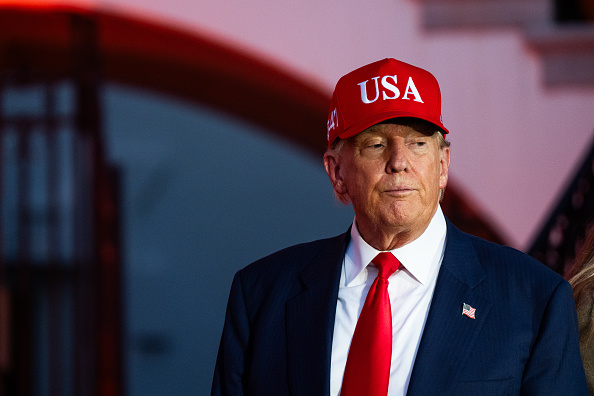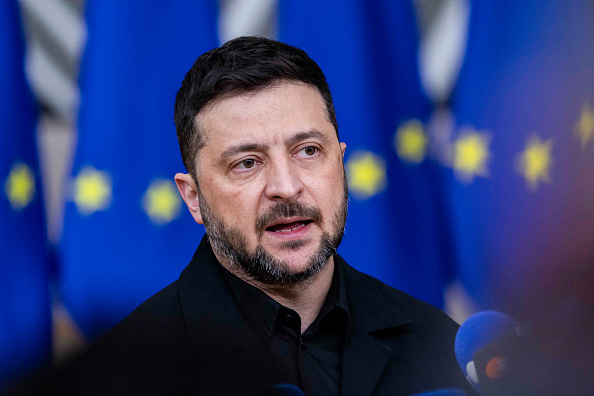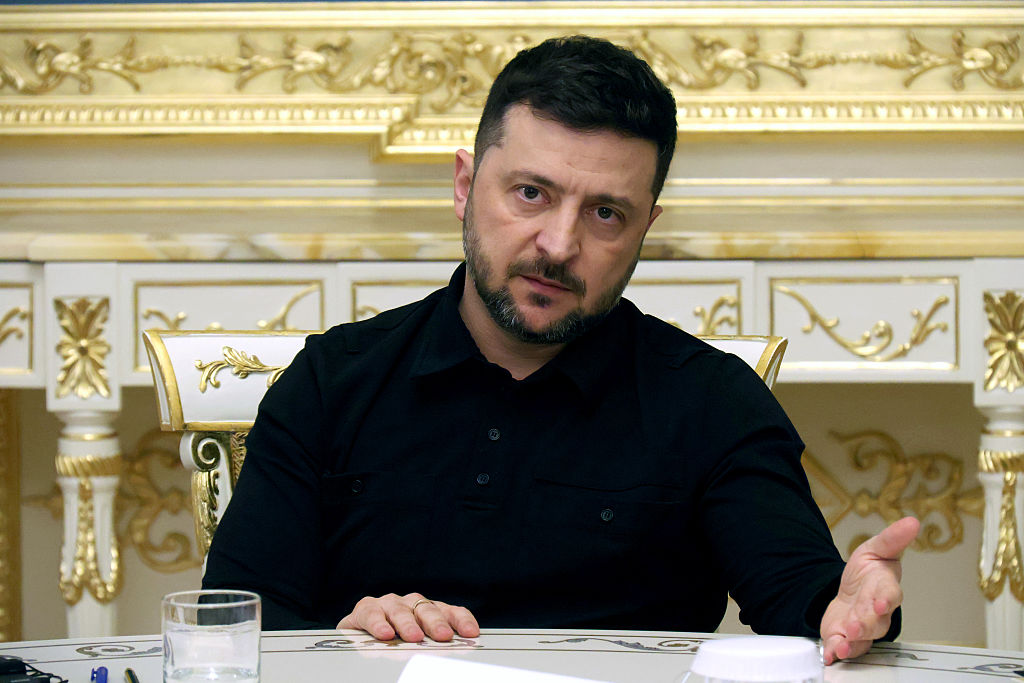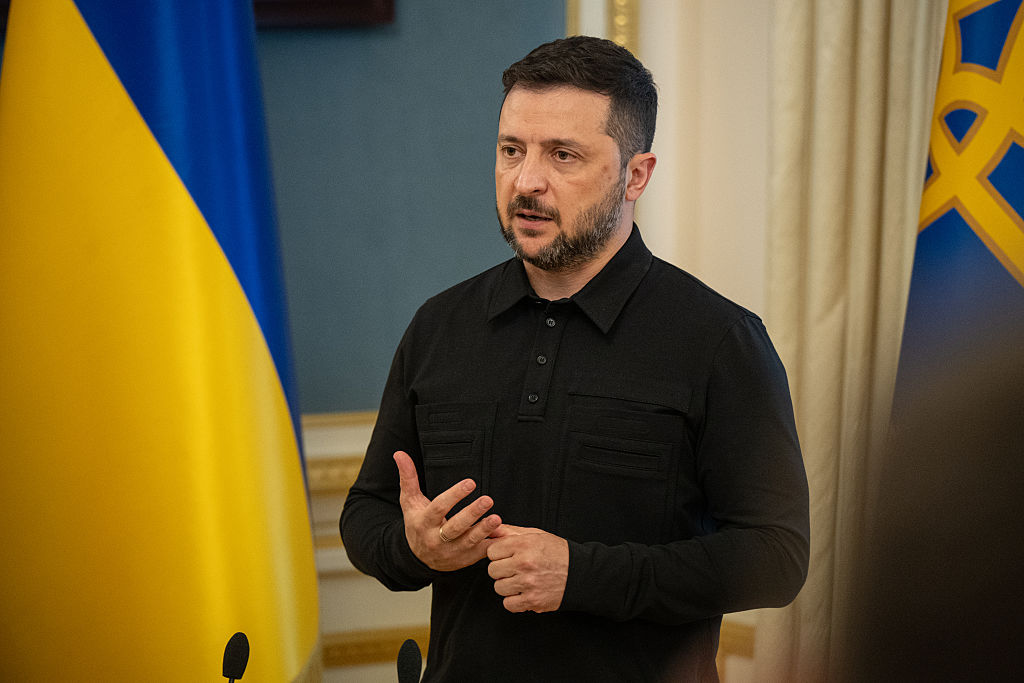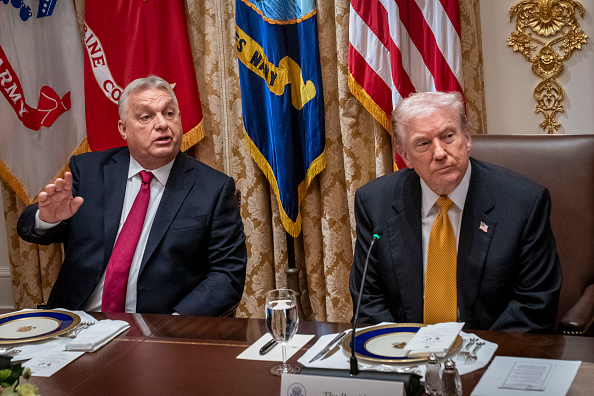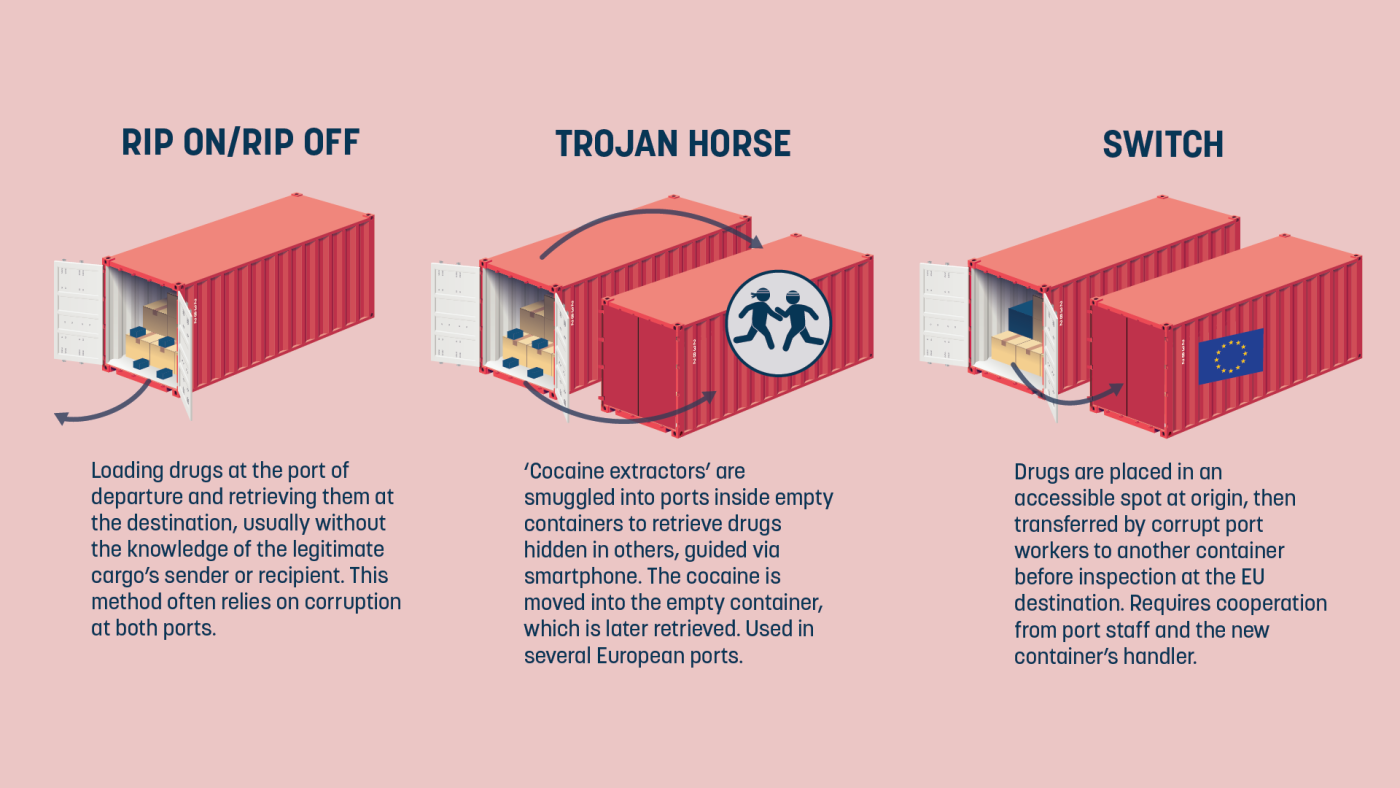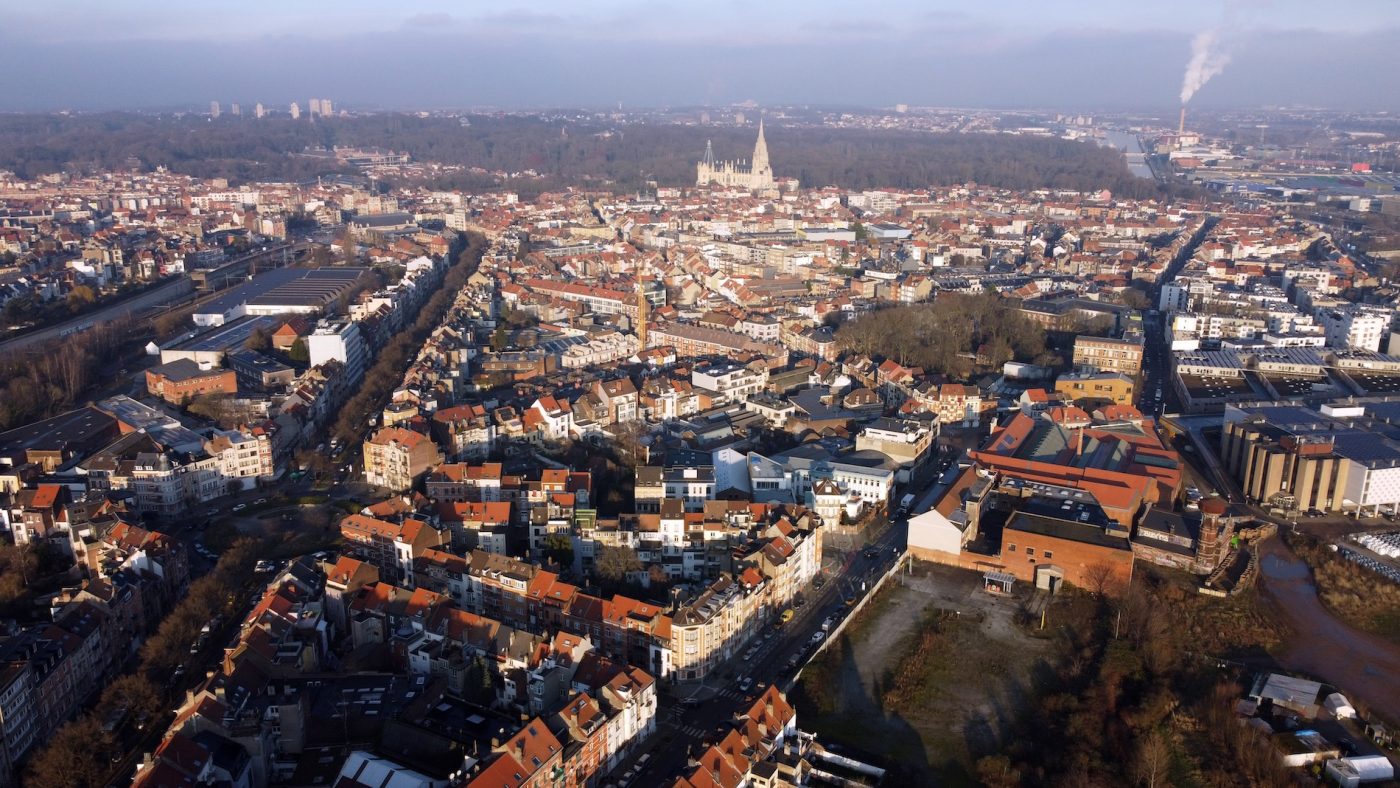'I'm not a bad boy': Belgium’s De Wever defends Ukraine loan veto
The country refused to back a proposed €140 billion EU loan to Ukraine at Thursday’s summit in Brussels
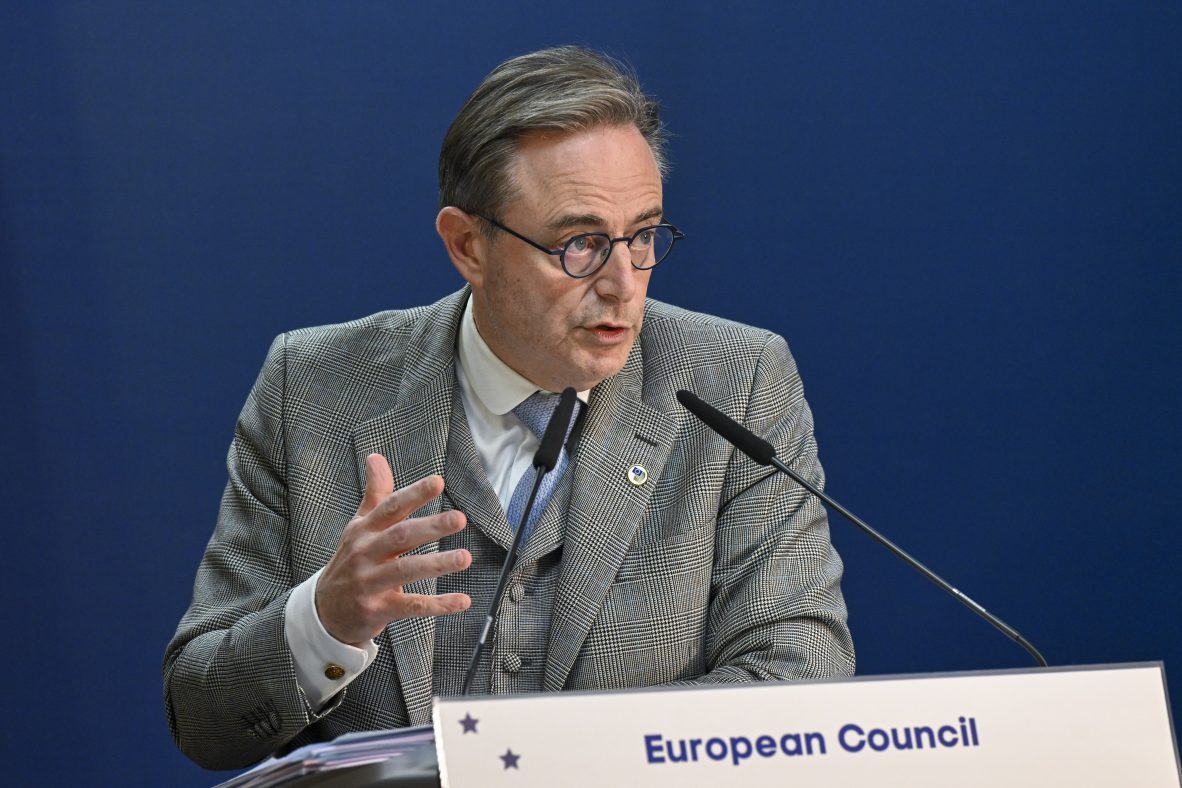
Belgian Prime Minister Bart De Wever has fiercely defended his country’s refusal to back a proposed €140 billion EU loan to Ukraine, insisting that other member states must share the legal and financial risks associated with the plan before he signs off on it.
Speaking to reporters after a fractious EU summit in Brussels, the Flemish leader on Thursday said Belgium – which holds the immobilised Russian sovereign assets that would finance the so-called “reparation loan” – was already exposed to risks through a separate €45 billion G7 scheme using profits from Russian assets held by Euroclear, the Brussels-based clearinghouse.
The loan plan, strongly backed by Germany, France, the Baltic states, and the European Commission, is seen by its advocates as an essential lifeline for Kyiv that avoids tapping EU taxpayers. Yet Belgium managed to water down the European Council’s conclusions after what De Wever described as “hours” of debate.
“I’m not a bad boy,” De Wever quipped, referencing a Politico article that had labelled him as such. “We’re the best boy in town. If you talk about immobilised assets, we are the very, very best.”
In an hour-long press conference that ran past midnight, De Wever suggested his country’s reputation has been “slandered” by fellow EU leaders who, he said, have accused Belgium of blocking the plan for financial gain.
He added that both Ukrainian and US officials had called his government about allegations that Belgium was profiting from the assets.
“We’re getting that feedback from the Ukrainians… [and] from the Treasury of United States, who’s calling us: ‘What about the tax money? You’re war profiteers,’” De Wever said. “This is something they didn’t invent themselves. These are colleagues that are badmouthing us behind our backs. It’s not very nice.”
Reiterating his demand for European “solidarity”, De Wever said his concerns had been echoed by European Central Bank president Christine Lagarde on Thursday.
“Probably the most important” condition, he said, was that member states guarantee that Russia could be reimbursed immediately if it were to ever regain access to the assets – a demand that “was not answered with a tsunami of enthusiasm around the table.”
De Wever also urged other member states and Western allies to pledge to use Russian assets under their jurisdiction.
“Other countries, if you combine their assets, have just the same amount as Belgium. What happens with all that money? Nothing. So I think the finger-pointing needs to stop,” he said.
The article has been updated to reflect the fact that, according to the Commission’s plan, member state guarantees would enter into force once Russia regains legal access to the immobilised assets.
(cz)
